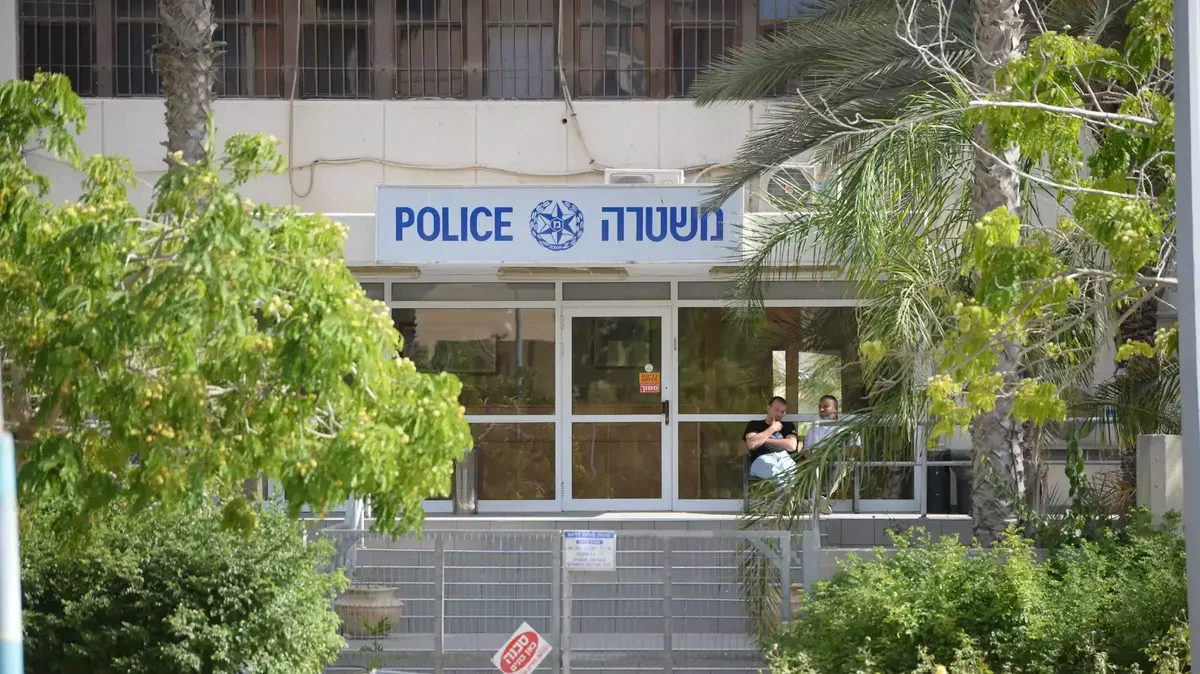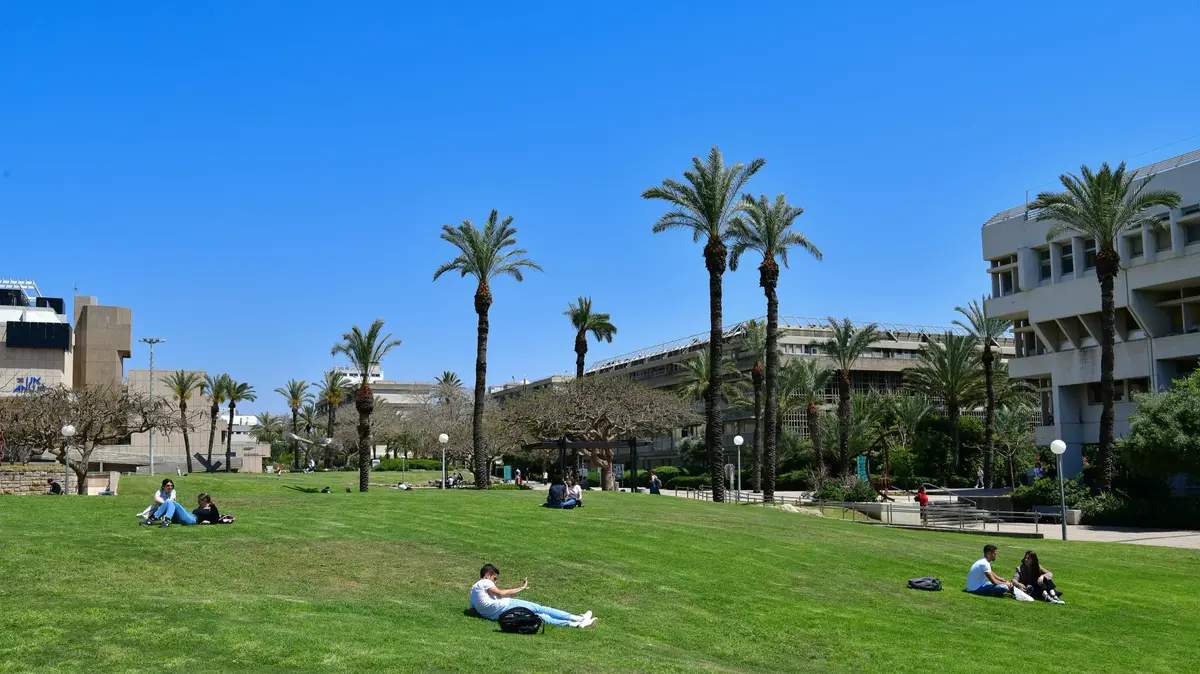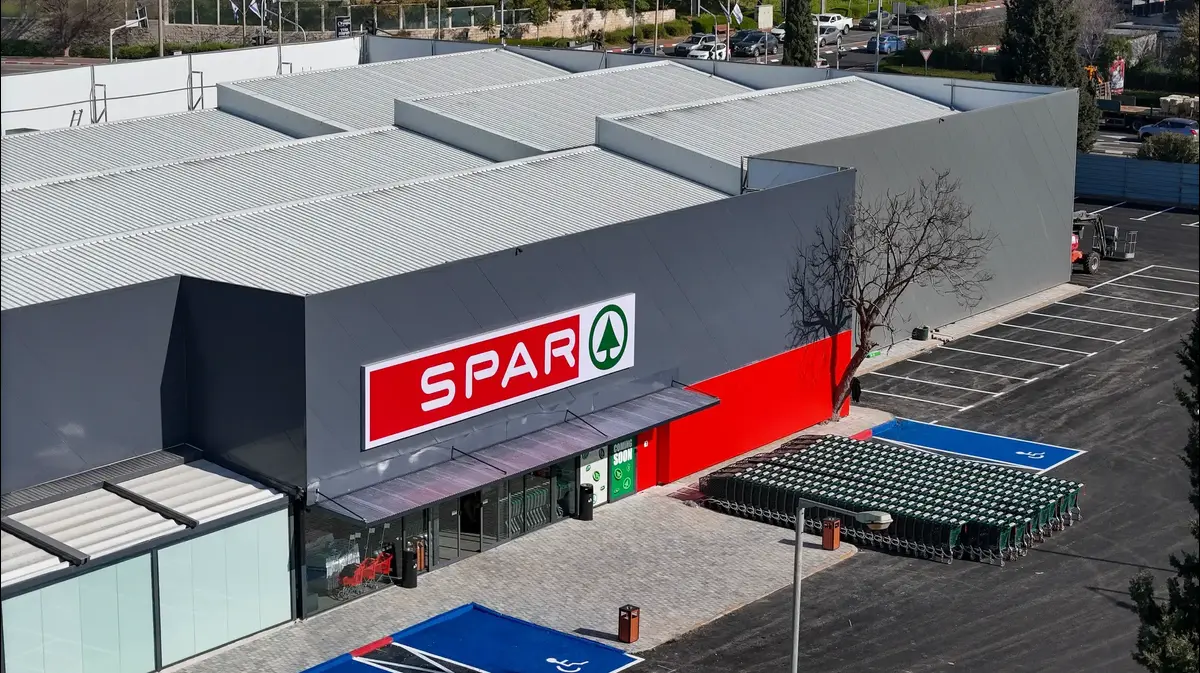In this way, the metro network will affect traffic jams and the prices of apartments and offices.
Review of Paz Economics and Engineering
Coming Soon?
The most complex transportation project in the history of the country
Photography:
envato elements
Produced by the Department of Special Supplements
The director general of the Ministry of the Interior and the chairman of the National Infrastructure Committee (VTL), Mordechai Cohen, this week signed a deposit document for the northern section of the M1 line of the metro.
Line M1 is actually the main artery of the metro.
It is 85 km long, beginning in the Lod and Rehovot area and ending in the Kfar Saba area and southern Sharon.
Interior Minister Aryeh Deri: "The metro is the most expensive, complex and significant transportation project in the history of the country. The metro network, in which enormous resources have been invested, will serve millions of citizens from the center and periphery, move the economy forward and lead Israel into a new era." "This complex and important project. It is our duty to continue to promote the metro with all our might, in the face of the transportation crisis in Israel. The metro is an essential tool for the economic growth required at this time."
Talking real estate with Ofer Petersburg. Listen to the new podcast >>
A survey by Paz Economics and Engineering that accompanies the metro project shows that the Tel Aviv metropolitan area covers an area of 500 square kilometers, out of 22,400 square kilometers in the entire country, but has a population of 4 million (44% of the population).
It centralizes 50% of jobs and produces 62% of business product.
By 2040, the metropolitan population is expected to reach 5.4 million inhabitants.
The survey also shows that travel time in Israel is extended by 90% during peak hours.
When you look at how we move, Tel Aviv is in 21st place among the busiest cities in the world, out of 416 major cities.
Cities with a significant metro system are less crowded than Tel Aviv
According to Daniela Paz Erez, CEO and owner of Paz Economics and Engineering, "The metro project aims to reduce the gap by 100 years in one decade.
The investment in public transportation infrastructure in Israel is NIS 250 billion short of the world.
If we do not invest in the metro, by 2040 the shortfall will reach $ 350 billion.
"There are currently 1.1 million public transportation trips, and the loss of time on traffic jams is estimated at NIS 10 billion. In 2040 without the metro, the cost of losing time will reach NIS 25 billion. The metro can not be compared to other means of transportation. Metro's capacity is enormous. "It can carry 25,000 passengers every hour, compared to 7,500 on the light rail and only 2,000 passengers on buses and public transport. The metro is the solution to congestion."
International comparisons show that the Tel Aviv metropolitan area is the most densely populated in the world - 8.8 thousand people per kilometer. It is also the fastest growing metropolis in the world in terms of population.
Real estate potential
How will the metro affect travel times?
If today from Petah Tikva to Tel Aviv the bus ride lasts 72 minutes and the car 58 minutes, in the metro the trip will last only 27 minutes.
That is, the metro shortens the travel time by half in relation to the car (so also when it comes to Raanana, Rishon Lezion and Rehovot).
Along with the transportation solution, how will the metro affect the value of the assets
?
The metro project has enormous real estate potential, and is expected to have a decisive impact on property prices in the center of the country, especially in the route it will take. Paz Economics and Engineering's review was based on international comparisons examining the impact of metro in various destinations around the world. .
It divides the estimates of the increase in the value of the properties and the expected development trends around them into three main factors: their distance from the train station, their purpose, and their distance from the core of the metropolis, the city of Tel Aviv.
According to the survey, a value increase of about 20% in the prices of properties along the metro route is expected, and it increases as the properties are close to the train stations.
The project will include 109 stations in the various cities, and the most significant impact on property prices is expected in their vicinity - up to a kilometer from each station.
The highest levels of impact are expected in the range of the first 300-500 meters - both on commercial and residential office space.
The highest increases in value will be in the vicinity of stations where there are intersections of lines or a combination of other means of mass transportation, such as the light rail, as takes place in Glilot, Kfar Ganim in Petah Tikva, Yoseftal in Holon and Arlozorov, Hashalom and Haganah stations in Tel Aviv.
The survey predicts that the largest increases in value will be in offices and commercial areas, which will benefit from an increase in property value, an increase in the volume of building rights and transport accessibility that has many economic implications.
In residential real estate, the highest value increases are expected in the second ring of cities in the metropolis, which includes Beer Yaakov, Givat Shmuel, Rishon Lezion, Rehovot, Ramla, Lod, Ness Ziona, Beit Dagan, Ganei Tikva, Hod Hasharon, Petah Tikva, Savyon, Yehud. -Monson, Raanana and Kfar Saba.
Daniela Paz Erez: "The metro project will lead to intensive development around the stations and a significant increase in property value. Once the metro starts operating, and probably earlier with the expectation, people will be willing to move away from the core of Tel Aviv and its immediate surroundings. .
"It will create greater attractiveness for living in these areas and will cause a rise in prices. Anyone who now wants to invest in an apartment that will improve itself, it is probably better for him to buy in these areas and not necessarily in Tel Aviv."
Produced by the Department of Special Supplements











/cloudfront-eu-central-1.images.arcpublishing.com/prisa/KMEYMJKESBAZBE4MRBAM4TGHIQ.jpg)



